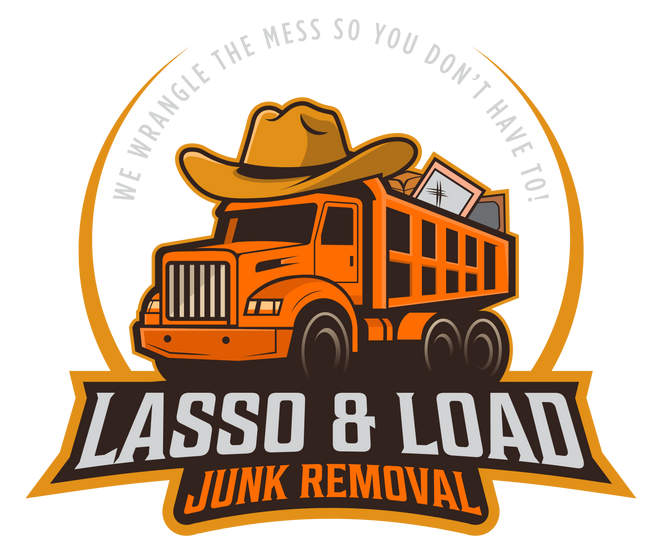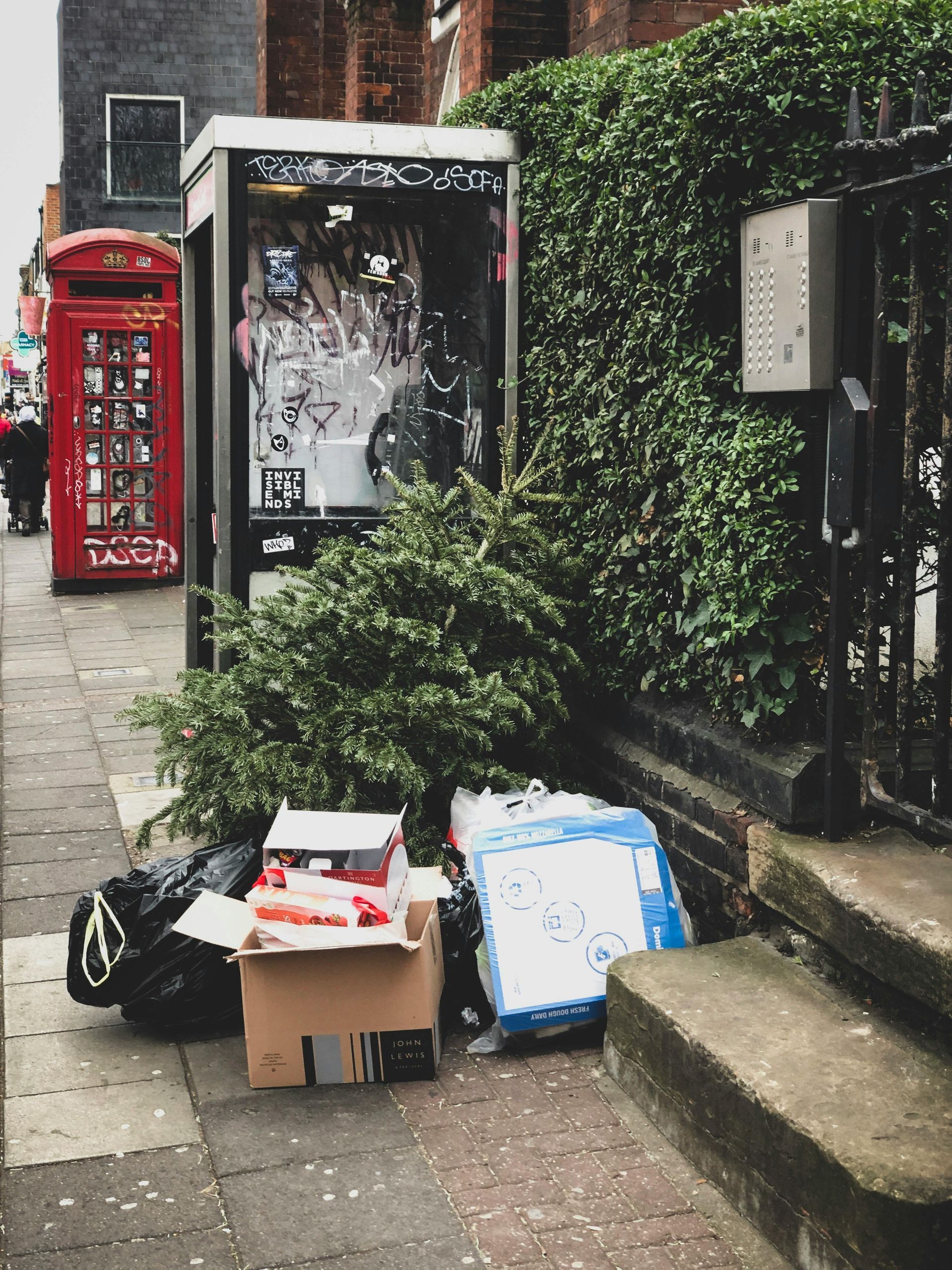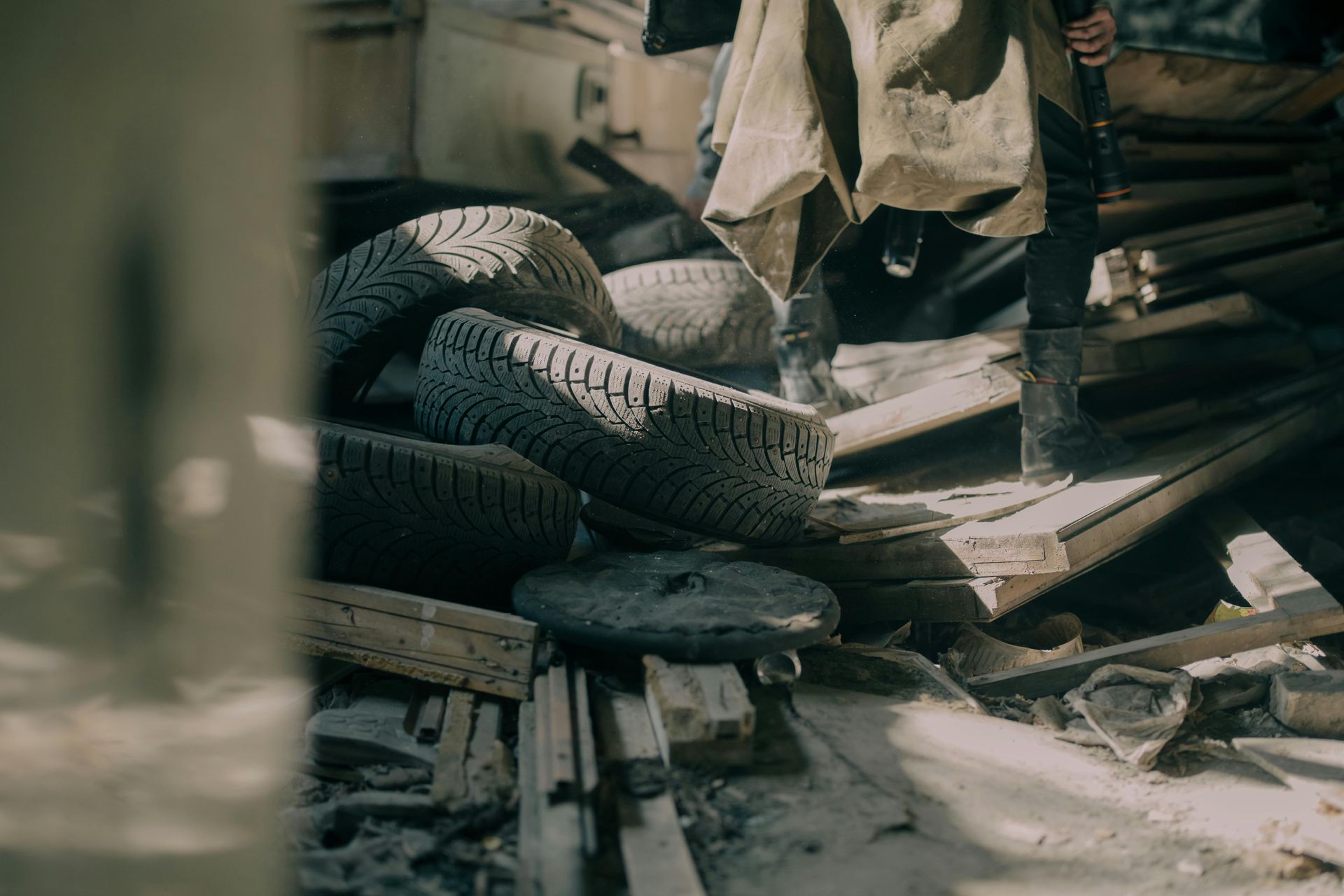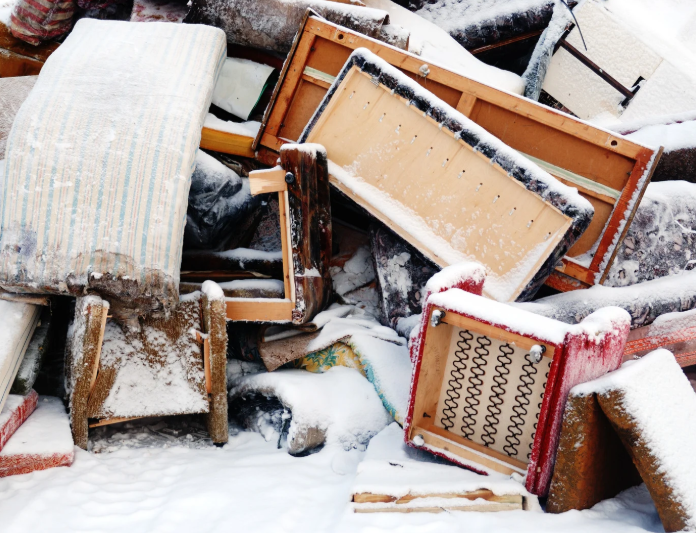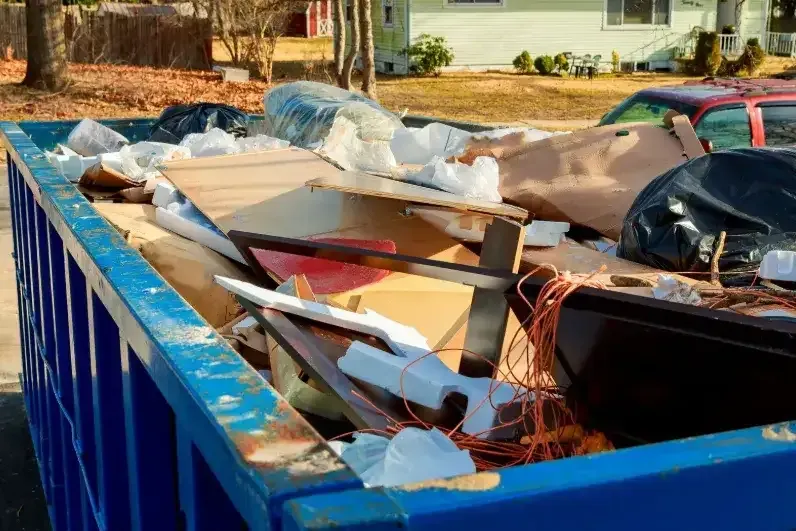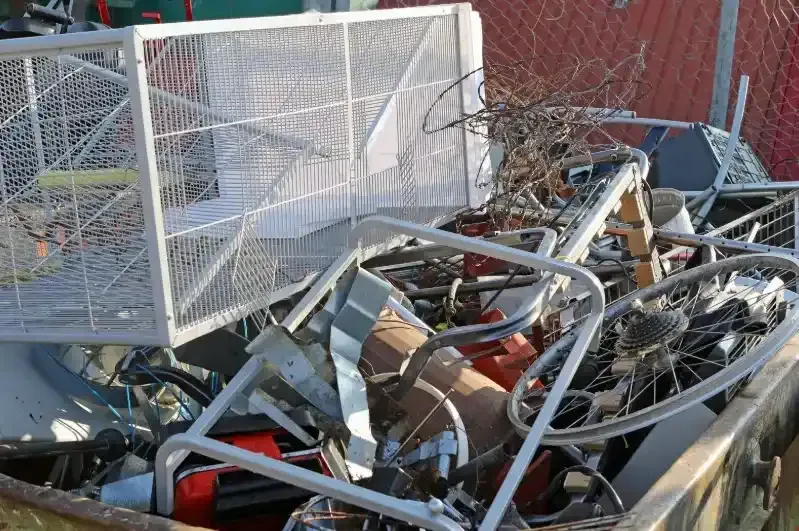Managing Junk Removal During a Business Closure
The end of a business’s journey isn’t always about failure—it can also be a pivot, a strategic exit, or even the beginning of something entirely new. But regardless of the reason behind the closure, one thing remains universal: the physical remnants of that business don’t pack themselves up and vanish. From abandoned office furniture and outdated electronics to retail displays, signage, and overflowing storage rooms, the junk piles up fast. Managing junk removal during a business closure becomes not just a task—but a necessity to close the chapter cleanly, legally, and economically.
Some business owners underestimate just how much is involved in this stage. Emotionally, it’s a lot. But practically, it’s also a complex logistical process. Lease agreements, timelines, and city regulations don’t wait for the perfect moment. You’re working against the clock, and the faster you move, the fewer fees, headaches, and liabilities you’ll face.
Understanding the Scope Before the Rush Hits
Business closures often accelerate in the final stages. Deadlines arrive, and things need to move—quickly. But stepping back before the panic sets in can save a great deal of stress. The first step is taking inventory. It’s not just about what needs to be thrown away but understanding what’s salvageable, recyclable, sellable, or donatable. Office chairs, for example, might find a second life elsewhere, while broken-down cubicles might be nothing more than oversized trash.
Without this clarity, you could either overpay for unnecessary removal services or overlook items that require special handling. A clear scope also helps in getting accurate quotes from junk removal providers. It ensures you’re not scrambling at the eleventh hour, trying to add extra items to a prearranged pickup.
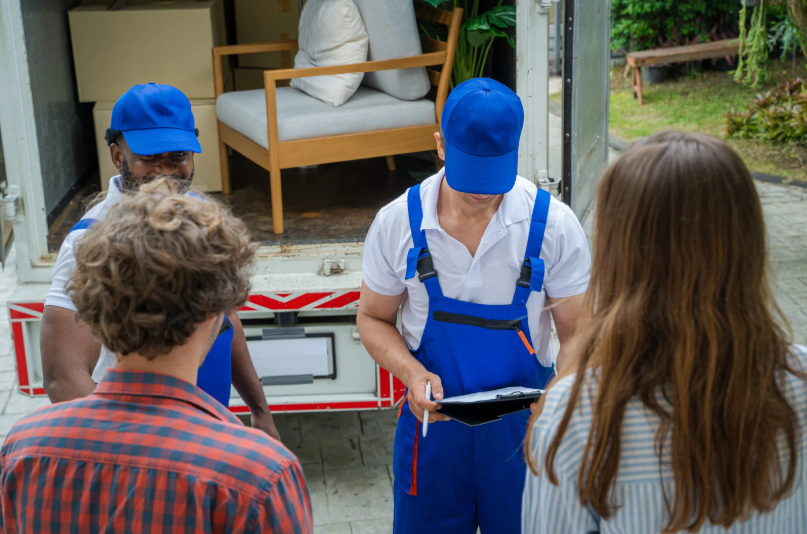
Why Timing is Everything in Closure Cleanouts
The schedule you’re up against may not be flexible. Landlords typically require the premises to be returned in good condition, often with very specific terms regarding leftover materials. Waiting until the last few days to deal with junk removal can lead to costly mistakes—fees for missed lease cleanup deadlines, fines from city codes, or even litigation if certain disposal regulations aren’t followed.
The best move is to stagger the cleanup process. Start by identifying the items that aren’t essential to daily operations and begin removing those early on. This phased approach also allows room for recycling and donation, reducing overall disposal costs. Junk removal teams can often coordinate pickups in waves, and this strategy tends to minimize disruptions while keeping your space orderly during the final operations.
Avoiding Common Closure Mistakes with Junk Management
There’s a dangerous assumption that junk removal is just about making stuff disappear. That assumption has cost more than a few businesses thousands of dollars. For instance, improperly disposing of electronics can result in penalties depending on your location’s e-waste laws. Similarly, flammable materials, old signage with electrical components, or confidential business records can’t just go in a standard dumpster.
An experienced junk removal team understands these legal and environmental nuances. They know what requires special handling and what can safely be tossed. Businesses that try to DIY their cleanouts often find themselves overwhelmed halfway through the process, not realizing that certain categories of junk require permits, special hauling equipment, or disposal certification.
Planning for Bulk Hauls Without Slowing Operations
In the final weeks of business, operations might still be ongoing in some capacity—order fulfillment, final inventory sales, or client communications. The last thing you want is for junk removal activities to interfere with those remaining business functions. The solution is coordinated timing. A junk removal company that understands the dynamics of business closures will work around your schedule, not bulldoze through it.
You may have shelving, display racks, or back-office equipment that can only be moved once customer interactions are complete. Communicating these windows in advance allows the removal team to plan logistics accordingly. Instead of shutting everything down for one giant cleanup, you’re working in tandem, preserving dignity and order until the very last day. It’s the difference between chaos and a professional exit.
Sorting, Separating, and Simplifying the Process
When the end is near, it can be tempting to just “toss everything” to save time. But this shortcut often leads to regrets—especially when you realize you discarded items with potential value. Even in closure, many pieces of your business may still be useful elsewhere. Old desks, lighting fixtures, or breakroom appliances could be donated, resold, or repurposed.
Junk removal doesn’t mean trash removal—it means streamlining. An experienced team will help you sort items into categories: haul away, donate, recycle, and destroy. Some items might even qualify for tax deductions if properly documented as charitable donations. Taking this extra step doesn’t just reduce landfill waste—it creates a cleaner financial outcome and a more responsible final footprint for your business.
Legal Compliance in Disposal: What You Need to Know
Depending on your industry, you may be subject to regulations that dictate how you must dispose of certain materials. Medical offices, for example, can’t simply throw away biohazard containers, and even retail stores may face restrictions on how they handle returned electronics, expired products, or broken display materials.
This is where legal compliance becomes a central pillar of your junk removal strategy. The right removal partner will know how to handle regulated waste and will provide documentation as proof that items were disposed of correctly. This documentation isn’t just useful—it may be essential for closing out permits, updating insurance policies, or completing tax filings. Getting rid of junk the right way means protecting your name, even after the lights go out.
Minimizing Costs Without Cutting Corners
During a business closure, expenses pile up. You’re shutting down systems, paying off remaining bills, and possibly navigating staff severance or lease negotiations. It’s natural to look for areas to cut costs, but junk removal shouldn’t be one of them. In fact, cutting corners here can backfire—especially if you damage property while hauling things yourself or miss vital items that require separate disposal.
Instead of focusing on cheap solutions, aim for efficient ones. Bundle services. Look for companies that offer volume pricing or flat rates for business closures. The key is in negotiating based on your needs, not trying to fit your junk pile into a one-size-fits-all service. With the right partner, junk removal can be affordable without being risky or incomplete.
The Emotional Weight of a Clean Sweep
Saying goodbye to a business—especially one you built from scratch—is never easy. The physical act of dismantling it, piece by piece, adds emotional weight that can be unexpectedly heavy. That’s why it helps to have professionals step in and handle the logistics while you focus on the transition.
A junk removal team doesn’t just move items—they help you process closure. They turn a warehouse full of memories into a clean, empty space that’s ready for its next chapter. Having support in that moment can be surprisingly powerful. It gives you room to think clearly, act responsibly, and finish strong.
Making Sustainability Part of the Exit Plan
Today’s businesses are expected to be environmentally conscious—even in closure. Your departure is part of your legacy, and how you dispose of your materials can reflect your values. Simply tossing everything into a landfill isn’t just wasteful—it’s a missed opportunity to show that you care about your community and the planet.
Green junk removal services focus on sustainability by diverting as much as possible from the waste stream. Materials are recycled, repurposed, or donated whenever feasible. Not only does this lighten the load on the environment, but it also shows stakeholders, vendors, and customers that you’re ending on a note of responsibility and integrity.
How to Choose the Right Junk Removal Partner
Not all junk removal companies are built the same. Some specialize in residential pickups; others are equipped for large-scale commercial closures. When you’re closing a business, you need a provider who understands the nuances of timelines, commercial leases, and liability. Look for a team that can assess your site, offer a transparent quote, and commit to flexible scheduling.
Also consider reputation and professionalism. You don’t want to hand over your remaining business assets to just anyone. The right team should feel like an extension of your own—respectful, prompt, communicative, and experienced in business closure scenarios. You’ll know the right fit when you speak with them. They’ll talk logistics, not just pricing.
Preparing for the Final Walkthrough
Once the last item is removed and the junk is gone, there’s still one crucial moment—the final walkthrough. Landlords, property managers, or building inspectors may have specific expectations for cleanliness and condition. A sloppy junk removal job can jeopardize your deposit or create legal disputes that follow you even after you've walked away.
Partnering with a removal team that goes beyond basic hauling ensures the site is left in excellent condition. That includes sweeping up, removing debris, and possibly addressing minor damages caused by years of equipment use or heavy furniture. This final touch reflects well on your business’s legacy and ensures a smooth, undisputed exit.
Conclusion
Managing junk removal during a business closure isn’t just a task—it’s a transition, a turning point, and a powerful way to close one chapter before starting the next. It demands planning, legal awareness, emotional clarity, and a sharp eye for sustainability. When you have the right junk removal team by your side, you’re not alone in the process. You're supported, guided, and given the space to step into your future without baggage—literally and figuratively.
For reliable, detail-oriented junk removal during your business closure, reach out to Lasso & Load Junk Removal. Located in Gwinnett Co, they bring professionalism and peace of mind to every project. Call 404-227-2017 or email Lauren.renwickk@gmail.com to begin your clean, responsible exit.
